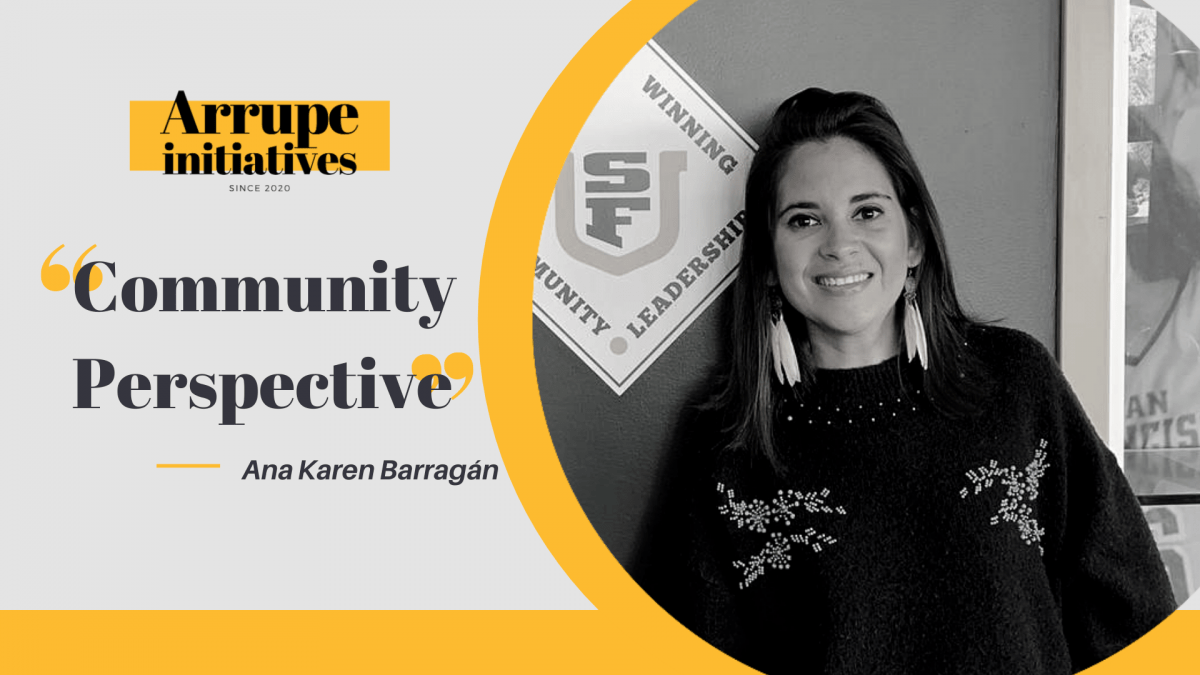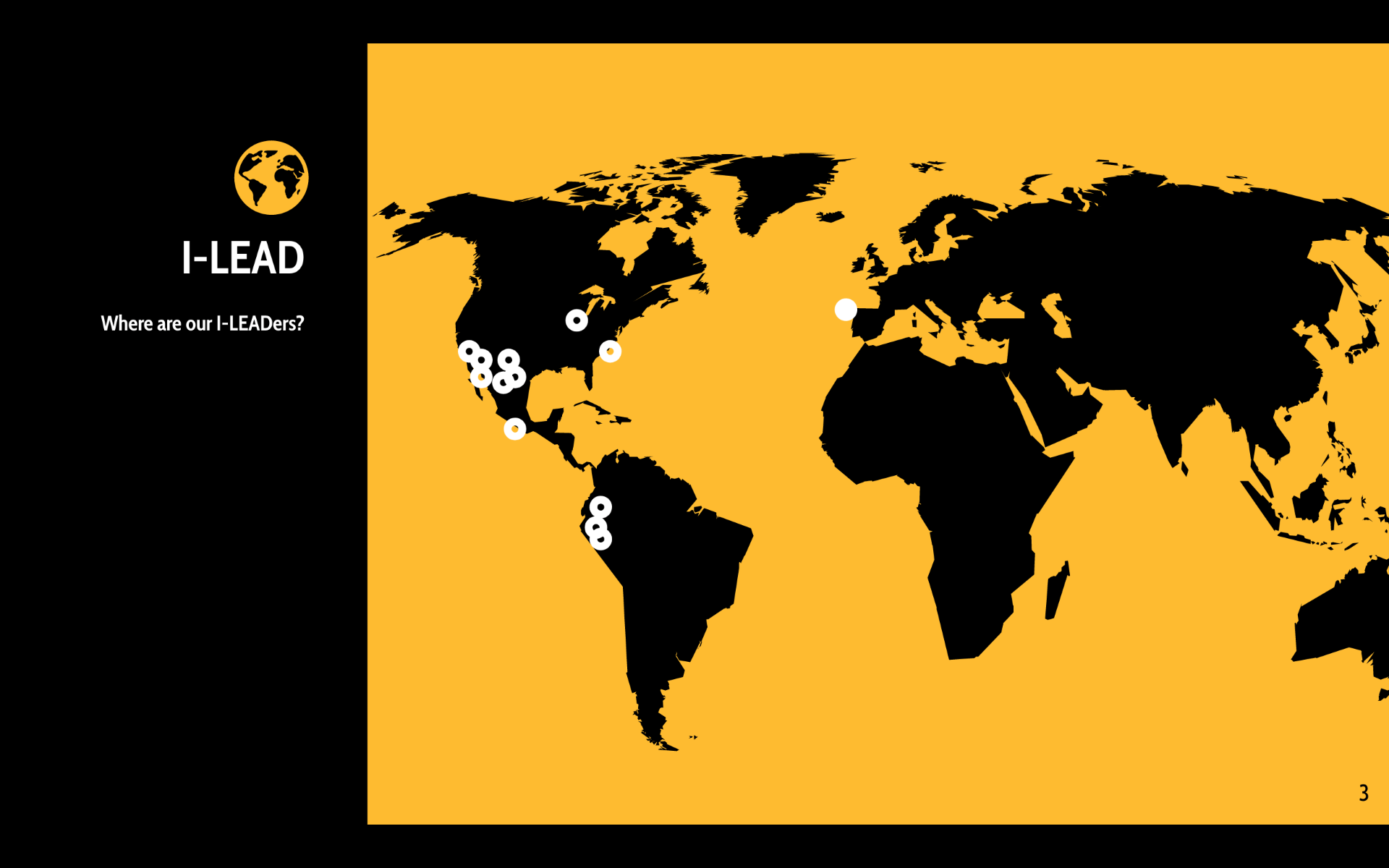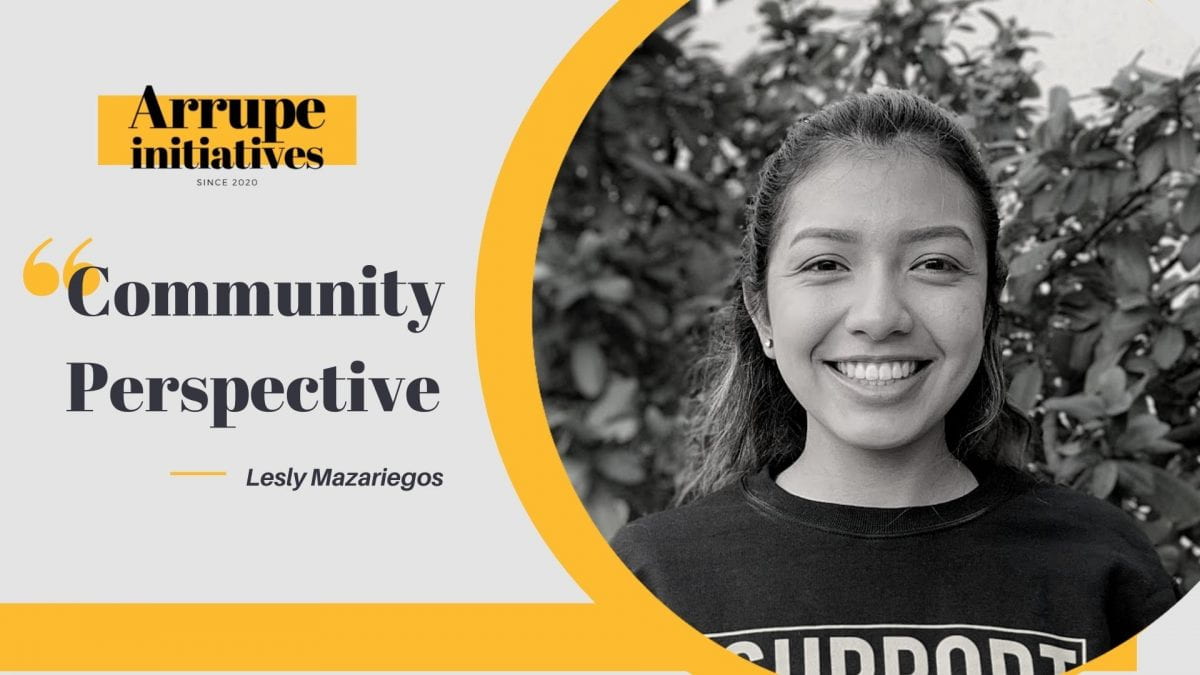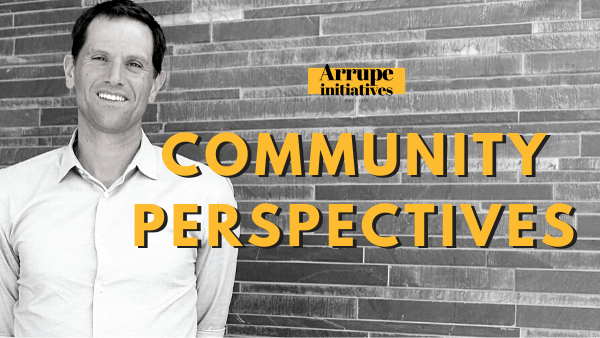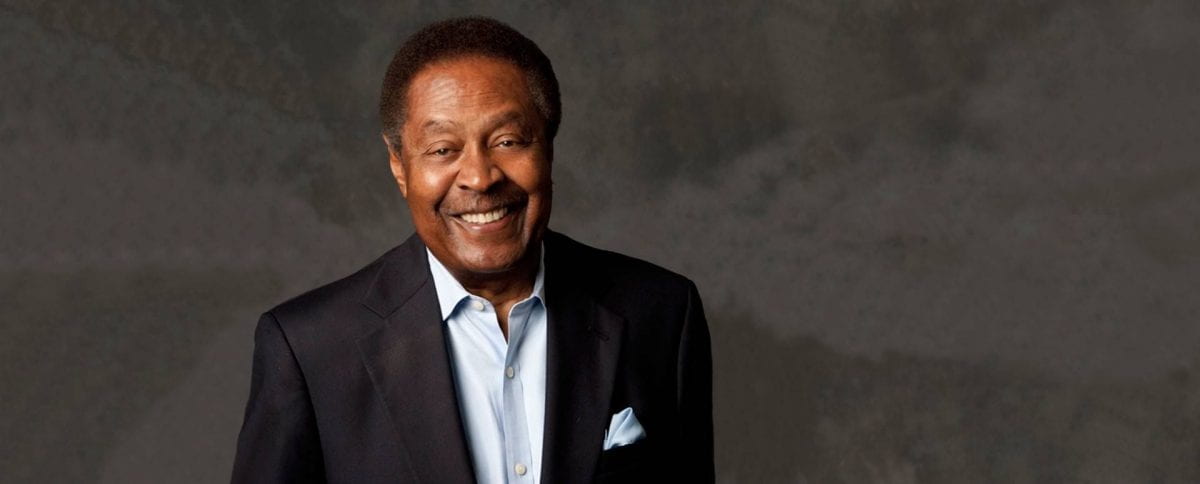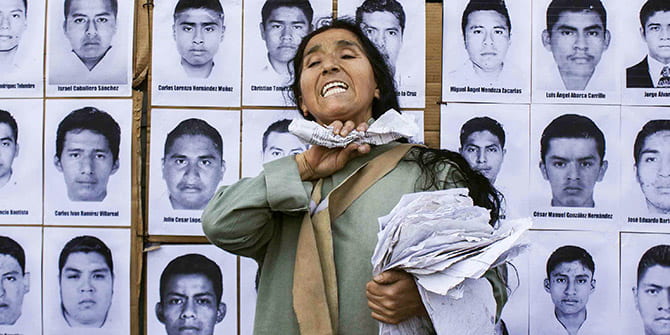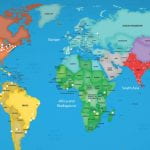Category: All Posts (page 2 of 3)
by Jean Pierre Ndagijimana
On September 21st of each year, the United Nations observes the International Day of Peace. This day marks the UN’s declared 24 hours of cease-fire for everyone on Earth to experience the ideals of peace, to breathe freely, and to find a gap of calm. The international theme for the 2020 Peace Day was “Shaping Peace Together.” The pandemic has challenged our existing understanding of what peace really means. As the world celebrated “peace,” the pandemic reminded us that we must come together to protect and care for one another.
In this spirit, the Rwandan Community of Northern California (TRCC), the University Ministry at the University of San Francisco, together with the African Communities Program at Partnerships for Trauma Recovery (PTR) co-hosted a virtual event called “Celebrating Peace.” Given the complexities of the moment, we expanded the theme to reflect our collective need for de-stressing and shaping peace together.
The event opened with a welcoming message from Angélica Nohemi Quiñónez, the Interim Director of the University Ministry at the University of San Francisco (USF), who highlighted the importance of this space as one for sharing stories, different perspectives, opinions, and ideas. Tizita Tekletsadik, PTR’s African Communities Program Manager, followed, acknowledging the stress associated with the pandemic, and invited Yehoyada Mbangukira, the US Rwandan Community Abroad Secretary-General, who welcomed participants on the behalf of TRCC and moderated the conversations.
Our guest artists, Daniel Ngarukiye, Inzora Benoit, and Bosco Intore, played their part: they entertained the heart with soothing music performed on an Inānga, a traditional instrument from Rwanda and Burundi.
Diana Tovar, a graduate student in Migration Studies and a member of the USF Arrupe Human Rights Observatory, was one of our panelists. Ms. Tovar rooted her perspectives in her experience in Colombia. “Peace is a social construct, it requires recognizing that others’ pains are my pains too,” she said. For Ms. Tovar, in the current moment, “peace is an act of kindness: generosity, a smile, love, understanding, empathy, and putting aside what divides us.” She challenged the dominant notion of equating peace with the mere signing of peace agreements. For Ms. Tovar, peace is a path and a goal. According to the panelist, we achieve peace only when individuals and the larger society recognize that something is wrong, and they are willing to do their part to change what does not seem right. She condemned indifference to racial injustices and reminded the audience to use their privileges not just to help others but to build bridges between our communities.
Another panelist, Ms. Liliane Umuhoza, Founder of the Women Genocide Survivors Retreat Program, joined from Rwanda and drew from her personal experiences surviving the genocide against the Tutsi to define what peace requires. For Ms. Umuhoza, peace is fulfilling the promise of “Never Again” that failed to prevent the tragedies of 1994 after many other “Never Again” statements preceded the genocide against the Tutsi in Rwanda. By equating peace to equality, Ms. Umuhoza said that peace means access to food, shelter, and other basic needs. In addition to these material needs, she emphasized that when thinking about peace during the Coronavirus pandemic, mental health and wellbeing needs to be considered. In her words, “when your mind is not stable, it affects everything around you.” She called this type of peace “psychological safety,” where people can feel free to share their stories and feel heard.
Dr. Ernest Uwazie, another panelist, is the Director of the Center for the African Peace and Conflict Resolution at California State University, Sacramento. For Dr. Uwazie, “peace may look different from place to place and from time to time.” According to the professor, “peace is a satisfaction of one’s interests of justice, substantive justice.” Peace is recognizing that every human being is worthy of recognition, worthy of fair treatment, free from eminent and remote threats. In other words, it is when all of us can dream as far as we can. Dr. Uwazie reminded the audience that every human being has the potential to do good. He invited us to be resilient, conciliatory and he urged us to condemn not the person but the harmful act. Dr. Uwazie encouraged us to be humble in our own failings and to learn from our wrongs.
Event participants were also invited to contribute to our definition of peace. Here are some of their reflections:
- Peace today means living in a country that is protective of its own people; addressing the Coronavirus pandemic.
- “Entre los individuos, como entre las naciones, el respeto al derecho ajeno es la paz.” — Benito Juárez
- Inner peace, being in harmony with my own self and thoughts, as well as outer, wishing but also working towards peace – at local and global levels
- Kuri njye numva amahoro ari igihe umuntu aba adafite ibimuhungabanya muri we no hanze ye.
- Feeling safe at home and outside. When everyone has the same human rights and dignity respected.
When closing the conversations, Mr. Yehoyada, shared his major takeaway: Shaping peace together is within our power. This happens by being responsible, resilient, and not being indifferent when others are experiencing injustices. Peace comes from the understanding that we are all in this together because there is no community made up of one person.
The success of this event is a result of a collective commitment. I would like to thank all the contributors: the participants, panelists, the moderator, the guest artists, the organizing team, and the co-hosting organizations. The greater a community’s loss in common ground, the greater the resulting gain in violence. In our “humble togetherness,” we can all, indeed, shape peace together.
____________________________________________
The I-LEAD Program (which stands for Ignatian Leaders Engaging in Action and Discernment), launched on October 28th, with the first cohort of 20 students from 10 higher education Jesuit institutions across 6 countries.
The I-LEAD program is the first of its kind, hosted by the University Ministry at the University of San Francisco and offered to undergraduate students through the Global Jesuit Network, it’s mission is to form conscious, critical, competent, compassionate, and committed leaders, based on Ignatian spirituality and pedagogy, staying true to USF commitment of engaging in mutual and respectful collaboration with our international partners.
During their first meeting, the I-LEADers introduced themselves and explored their preoccupations and passions providing a broad perspective and creativity needed for the creation of a more humane and just world. The topics of interest of these young leaders varied from gender and equality to housing dignity and citizenship apathy, which they will continue to explore throughout the program.
The I-LEAD wouldn’t be possible without the long history of collaboration that the Arrupe Initiatives office (before the Arrupe Immersions) has with Jesuit institutions around the world, fostering meaningful partnerships that encourage the international engagement of faculty, librarians, staff, students, and alumni.
by Lesly Mazariegos
Towards the end of the Arrupe Immersion trip in Santo Domingo, Dominican Republic, we received the news that all USF students were to return back to campus due to the outbreak of COVID-19. It was also announced that the rest of the semester would be remote. At that moment, I did not know how to feel, what to expect for the rest of the semester, or how the pandemic will affect us all. Because it was Spring break, I was able to slow down, process everything, and stay updated with emails from the school and other programs.
After the trip, as a group, we continued to follow-up with one another. We created a meaningful and trusting relationship that we carry on today. Social media was one way we kept in touch with each other but also communicated through WhatsApp. We participated in small fill-in sheets about our interests, how we are coping with the pandemic, and how we are able to stay active. We shared this with one another and learned more about each other. The transition from normalcy to remote learning was difficult but the support from one another created an easier shift.
Every program had to find a way to transition to an effective method of remote learning and interaction. As a lead tutor from the UM tutoring program, we brainstormed how to continue building community. The first step was to check in with tutors and update them on the next steps for the program. Throughout the semester, as tutors, we created small projects that could support the learning of the tutees. In addition, the UM tutor program created an Instagram account with the goal of showcasing USF tutors’ interests, activities, and how they are staying active during the pandemic. Tutees from the program are able to view this account and stay connected with one another. This creates a network of students where we can all feel part of a community. Now, more than ever, it has been important to find ways to feel connected in times of social distancing.
We continue to build community through the UM tutoring program. Before tutoring sessions, I initiated a small informal check-in with USF tutors. Monthly tutor training sessions also serve as a space where we all connect, share how we are doing, how online tutoring has been so far, and how we can better serve the tutees through remote learning. Through my experience with the UM tutoring program, I found it important to help create a space where we can all feel comfortable sharing what’s on our minds which in turn helps us all feel more connected with one another.
I am finding community this semester by continuing the relationships made through the Arrupe Immersion program and by creating a space where USF tutors and tutees can feel comfortable talking about their day, their well-being, or anything else on their mind. Especially during this heavy political climate, pandemic, and virtual interactions, it is important to find and build a space where we can feel connected and comfortably talk about our well-being.
by Luis Enrique Bazan
Recently, a group of USF graduate students, members of the Arrupe team, got together to reflect on the signs of the times in order to figure out the needs of our USF community and our possible contribution.
With a kind heart, we wanted to be as honest as possible about the anxiety, anger, fear, and instability that we are witnessing within our own community, and we held on to the USF mission as the platform to advance this conversation.
USF is not new in its commitment to social justice. We have a lot of institutionalized programs that are evidence of this commitment to local and global communities, but if we are not new to this conversation, why are some members of our community feeling sidelined? Is this current global crisis showing the cracks of the implementation of a mission that we are so proud of? We have good examples of care within our campus, but we also have some signs of desolation.
The most important asset at USF is its people. Each person brings experiences that nurture the heart and knowledge of the institution. The institution that we are working together to create is constantly being challenged by factors that are not necessarily under our control, and in order to mitigate those external factors, there are decisions that are being made based on professional analysis. It is of public knowledge that analysis could help us be better prepared to face the future, but here is where our reflection led us to see that tension is being built when confronted with the mission.
The current COVID-19 pandemic has reminded us of something about analytical planning: it can’t predict the future. Even though we know that analysis is not perfect, we still need it. The problem is when analysis doesn’t understand its limitations and trumps the other historical narratives that have built the USF legacy.
Each person synthesizes, through their own experience, the mission of the university, and because of that, we have an idea of where we should be. The tension that hides the rich experience of each member of the community is that, due to the current state of affairs, people are not being asked to give their opinions regarding decisions that affect them. Numbers are prevailing in providing us with information that condition our own paths of action, and not the conscience of our community. Therefore, we need a way of thinking that is capable of going beyond what the analytical and numeric projections tell us where we should be going.
Catholic Social Thought teaches us that we can’t separate our analytic constructions from our conscience. Our USF experience teaches us that approaching crises as an issue of categories of analysis doesn’t give the concrete experiences of a very diverse community the priority that it deserves.
Participating in the construction of a more humane world is not only an analytical construction but the common effort of people who care. Analytical decisions that incorporate the conscience of a community become meaningful decisions, and a number of meaningful decisions together is what has built USF.
We already have some schools and offices on campus that are incorporating the voices of their students, faculty, and staff in their decisions, but not everyone is there yet, so we, the Arrupe team, ended our meeting with the following questions: How do we build channels of meaningful communication during times of social distancing? How do we make sure that everyone from the USF community feels valued? Could we make sure that everyone is represented in decisions that matter the most to them? Could collective conscience ever become a priority at USF or other Jesuit institutions?
We don’t have the answers, but we hope that other offices and schools are asking similar questions so we can find meaningful ways to move forward.
This text launches our Community Perspectives project, if you wish to share your perspective, please visit: myusf.usfca.edu/arrupe/perspective
Racism is a global issue. The protests around the world that the killing of George Floyd ignited has made universities from the Jesuit network share resources and collaborate to meet the demands of their communities.
Such examples of those collaborations happened last month, between the Jesuit Alberto Hurtado University (UAH) in Chile and the University of San Francisco through USF’s Institute for Nonviolence and Social Justice and the Arrupe Initiatives, the event “In defense of Human Rights: An Interview with Clarence Jones was organized
In a conversation after the event, Constanza Bauer, the deputy director of international cooperation of UAH, mentioned that international collaboration between the University of San Francisco and the University in Chile has set up in motion other collaborations with USF and other Jesuit Universities. Kique Bazan, the Director of Arrupe Initiatives is also optimistic about international collaborations between Jesuit universities “we are seeing that, even if we can’t travel, the world is getting smaller”
Six years after the disappearance of 43 students from Ayotzinapa in Mexico, the Arrupe Human Rights Observatory joins the demand for justice and truth.
The Arrupe Observatory recognizes the struggle of families, civil society organizations, and specific government agencies for the clarification of truth and the pursuit of justice. Also, the Observatory joins the call of many organizations asking the competent authorities to maintain a constant dialogue and listening to the victims and to provide effective justice.
It also invites our Jesuit university community to join the cause by providing financial support to the Centre ProDH, the Jesuit Human Rights Centre in Mexico, to continue providing legal advice and promoting human rights issues in Mexico.
The following is a description of ProDh Center of the events of Ayotzinapa 6 years ago.
On the night of September 26, 2014, a group of students from the Escuela Normal Rural Raúl Isidro Burgos de Ayotzinapa, between 17 and 25 years old, went to the city of Iguala, Guerrero, (Mexico) with the aim of “taking” the buses they needed to participate in the commemoration of October 2, which every year keeps alive in Mexico the memory of that repression against students that took place in 1968. Although the retention and temporary use of buses by students to carry out their activities had been common in Guerrero and even had the tacit approval of companies and authorities, on September 26 the response of the authorities was not the usual one: Municipal Police of Iguala opened fire on the students to prevent them from leaving the city with the buses. Helped by other corporations and civilians, the police managed to close the road to five buses – three that were traveling on a central street and two that were traveling on a peripheral street. In these two scenarios, 43 students were detained and were supposed to be disappeared. Later that night, attacks against the students and the general population continued, not only by state agents but also by civilians who, as was later demonstrated, were part of the structure of a criminal organization strongly linked to the state agencies present in that area of Guerrero, called Guerreros Unidos.
The outcome of the bloody night in Iguala was brutal: 43 young students are still missing; 6 people were executed, among them 3 students, including the case of a young man whose body was found the next day in an uninhabited area with clear signs of torture; at least 40 people were injured, including two students who were seriously and permanently affected by their health. In total, more than 180 people were direct victims of human rights violations that night and about 700 people were indirect victims, considering the relatives of the victims.
In spite of the process of searching for truth and justice initiated by the families of the disappeared and the victims of execution, the obstruction of the investigation by the authorities has prevented the truth of the events that occurred to the normalistas of Ayotzinapa on September 26 and 27, 2014 from being known by the families and by all of society; and therefore, not all of those responsible for these events have been investigated, processed, or sanctioned.
(Find the original version in Spanish)

Beautiful rendering of a heart shaped earth, perfectly usable for a wide range of topics related to environmental conservation, sustainable resources or peace in general.
Register for the Info Sessions:
- Tuesday, Sept 15th, 3PM (PT)
- Wednesday, Sept 23rd, 2PM (PT)
- Friday, Sept 25th, 11AM (PT)
Over the past few years, we have witnessed a global crisis in leadership and the current COVID-19 pandemic reveals the lack of vision and skills of those in power to create a just society for all. The urgent need to form citizens who look beyond the limits of their privileges, through inclusivity and solidarity, that become “magis” students, that is to say, those who seek “the most and the best” for the common good of our societies and Common Home, especially those who have been systematically violated. As Fr. Luis Ugalde, S.J., said “we do not want to form successful professionals for failed societies”.
Whit this in mind we are excited to present the I-LEAD program! I-LEAD stands for the Ignatian Leaders Engaging in Action and Discernment. It is a USF created leadership program based on the Ignatian Pedagogy (context, experience, reflection, action, and evaluation) for undergraduate students at USF, but also students from other Jesuit universities in the world.
The mission of the I-LEAD program is to form conscious, critical, competent, compassionate, and committed leaders, based on Ignatian spirituality and pedagogy, with the aim of transforming the structures of society, through discernment, action, evaluation, and the use of practical tools.
WHAT WILL YOU LEARN?
- Learn the aspects that make up an Ignatian leader who looks to the common good of societies, through the integration of dialogue, participation of the actors involved, critical thinking, and committed action.
- Gain a general knowledge of the Society of Jesus, Ignatian spirituality, and pedagogy.
- Develop a critical awareness of the global and local context in which they are immersed, from the perspective of social justice and equity.
- Learn methodologies for decision making through community dialogue, teamwork, and solidarity processes.
- Develop professional skills for effective communication, advocacy skills, project management skills, from an ethical and collaborative perspective.
- Evaluate the implementation of their knowledge, skills, and leadership, in order to promote team feedback and improvement in decision making.
- Meet and work with students from Jesuit universities around the world.
HOW IS IT STRUCTURED?
I-LEAD will consist of six monthly sessions, starting in October 2020. Meetings will happen synchronically online, with asynchronous activities, and resources. There will be international collaboration with foreign students and the participation of our local and international partners. The following contents will be addressed:
- Ignatian Leadership & Pedagogy
- Analysis of reality & Critical Thinking
- Community Engagement
- Digital activism
- Art Activism
- Fundraising & Project Advocacy
- Ignatian Discernment & decision making



